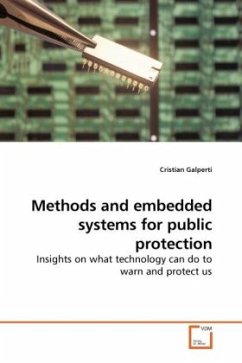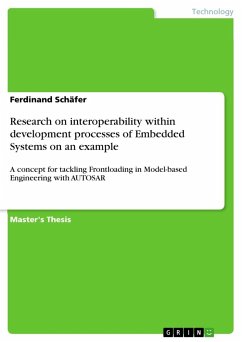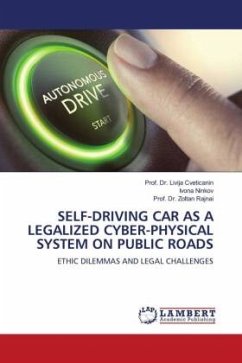Can technology warn and protect us against disasters? This is my Ph.D. thesis work, it addresses various aspects of embedded system in public protection context, more specifically the focus is on environmental distributed data gathering systems able to acquire data ad to report them to data collecting centers. These systems can be of extreme importance in many public protection applications (i.e. natural or industrial disasters protection, contaminant exposition risk monitoring, mission critical informative systems, non stop distributed monitoring of cities and/or civil infrastructures, anti-terrorism, etc.) A distributed monitoring system is a complex system composed of many parts, in this work some of them are analyzed. The first part is about the very first element of a measuring system: the sensor itself. A quite different but very important topic is addressed in the second part: energy supply to remote monitoring systems. The last part presents two real world applications ofdistributed monitoring systems.
Bitte wählen Sie Ihr Anliegen aus.
Rechnungen
Retourenschein anfordern
Bestellstatus
Storno








